Who doesn't love an evening shower? After all, nothing feels better than rinsing away the day before you tuck yourself into bed for a good night's rest. Ideally, of course, there are a few steps between getting out of the tub and getting between the sheets — including letting your hair dry so you're not sleeping on it wet — but we're all guilty of skipping those steps on occasion.
The fact is, most of us have gone to bed with wet hair at least once (and likely way more than once). Whether because it's late, we're tired, or we don't have a hair dryer handy, there are some nights when we can't or just don't want to dry our hair before falling asleep. You've probably heard, though, that going to bed with wet hair is bad for you. So how bad is it, really? And why?

The Risks of Sleeping on Wet Hair
First, some good news: The old wives' tale about catching a cold if you go to sleep with wet hair is a myth. But there are some other risks to take into consideration.
The most obvious is the risk of damage to your hair itself. Wet hair is weaker and more fragile, so friction from your pillow — especially if you toss and turn at night — can lead to breakage and split ends. "When hair is wet, the hydrogen bonds that give hair some of its strength and elasticity are temporarily broken," trichologist Taylor Rose explained in an Instagram video. "When your hair dries, those hydrogen bonds reform, bringing your hair back to its full strength. However, if you go to bed with your hair wet, those bonds are still broken. This means that small things like turning your head back and forth on your pillow can cause major damage and breakage to your hair strands, because they're already in a weakened state."
You also may find that you wake up with more frizz and tangles, which can make styling your hair in the morning difficult or even painful. (Anyone who's ever accidentally ripped out some strands while combing through a stubborn knot knows what we mean.)
And there's another, grosser reason to avoid sleeping on wet hair: the risk of bacterial and fungal growth. Bacteria and fungi thrive in warm, moist environments, such as the kind created by wet hair, damp bedding, and body heat. The growth can accumulate on either (or both) your pillow and your scalp, which puts you at risk of developing infections. These include, according to the Cleveland Clinic, malassezia folliculitis, an "itchy, acne-like condition" that can cause dandruff or scalp dermatitis; aspergillosis, which can cause respiratory issues in people with weakened immune systems; and tinnea capitis, or scalp ringworm, which causes an itchy rash and "can even result in bald spots."
The buildup of bacteria and fungi also can affect your skin, leading to breakouts or acne flare-ups on your face or any part of your body that comes in contact with contaminated bedding. When you consider that, taking a little extra time to dry your hair at night doesn't seem like such a hassle.
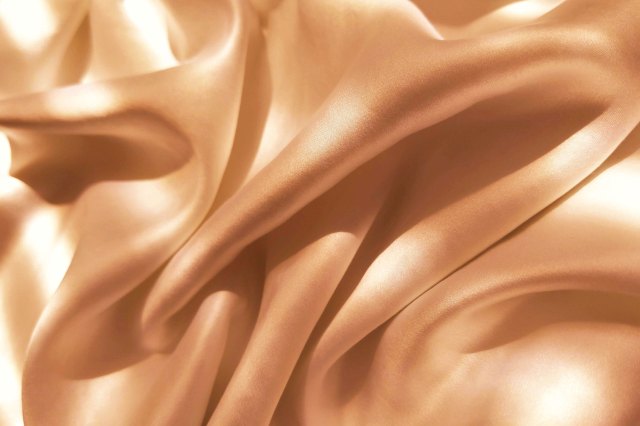
Tips for Sleeping on Wet Hair
That said, if going to bed with wet hair is unavoidable — and sometimes it is! — there are some ways to mitigate the risks and potential damage, according to Rose.
Wait until it's not sopping wet. If you can't get your hair 100% dry, try to let it at least partly dry so those hydrogen bonds are a little stronger. Use an extra-absorbent hair towel to wick away excess moisture and cut down on drying time. (Hair towels are designed to be gentler on your strands, so many of them also help protect against breakage and frizz.)
Consider a protective style. Leaving your wet hair down while you sleep may result in tangles, but putting it up in a bun isn't ideal either — tight hairstyles put unnecessary tension on your tresses, making them prone to breakage. Consider styling your hair into loose braids (the key word there is "loose") to reduce friction, and/or cover your damp strands with a protective bonnet or wrap.
Use a silk pillowcase. Silk pillowcases are thought to be better for your hair than regular cotton covers because the smooth surface decreases friction. They're also said to absorb less moisture and even help regulate temperature.
Wash your bedding often. You spend several hours in bed every night, so your sheets and pillowcases accumulate a lot of dirt, oil, sweat, and dead skin — and that's before you add wet hair to the mix. Make sure you're washing your bedding on a frequent and regular basis; most experts recommend changing the sheets weekly. You also should wash or clean the pillows themselves a few times a year, according to the manufacturer's directions. (Some pillows cannot be put in the washing machine.)
This article is for general informational purposes only.
Affiliate Disclaimer Medical Disclaimer








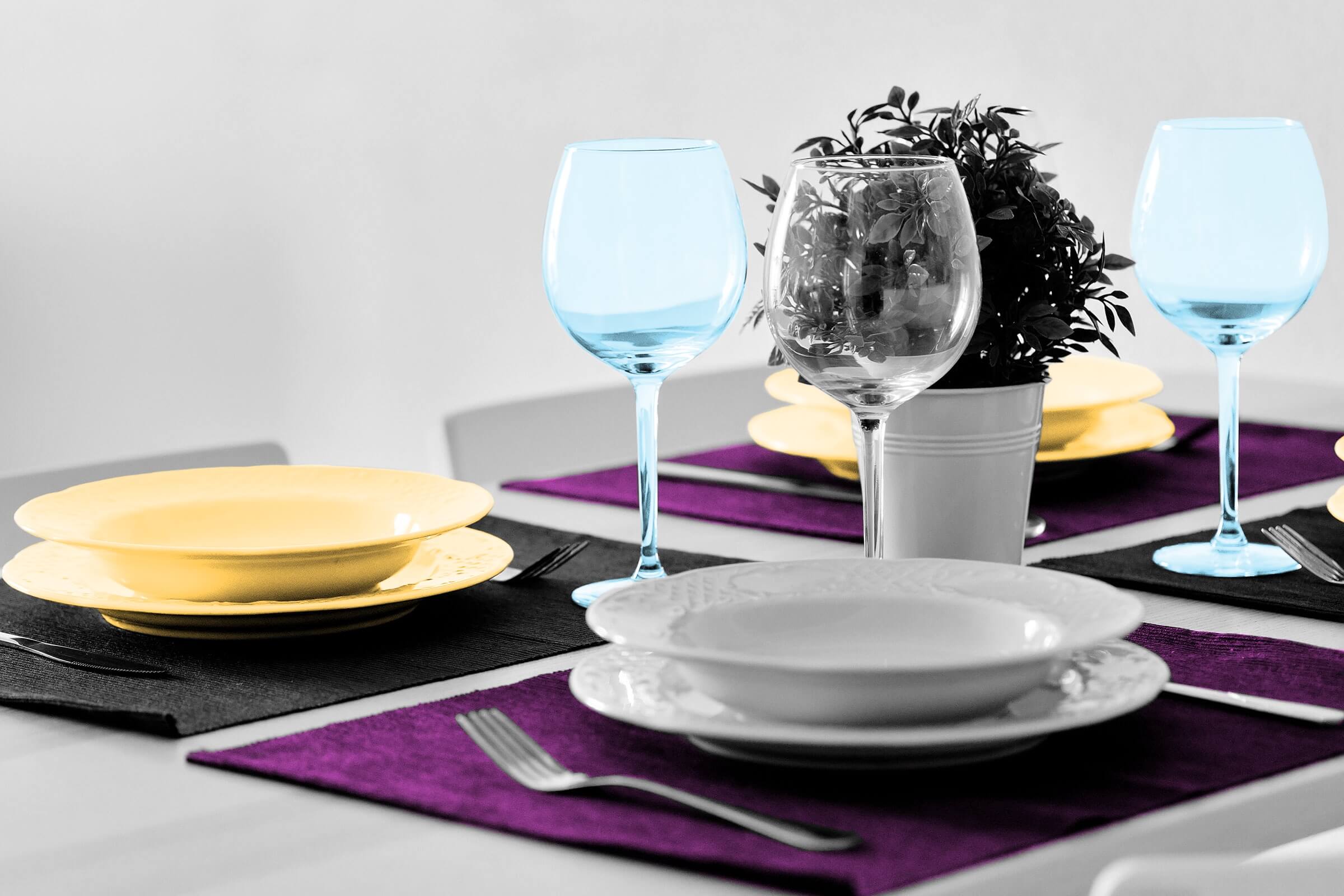

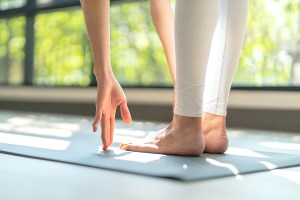

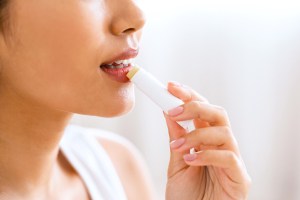
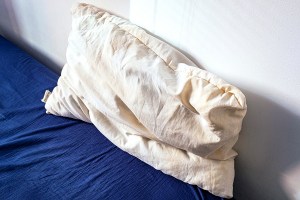


 Unique Beauty is free for all users.
Unique Beauty is free for all users.